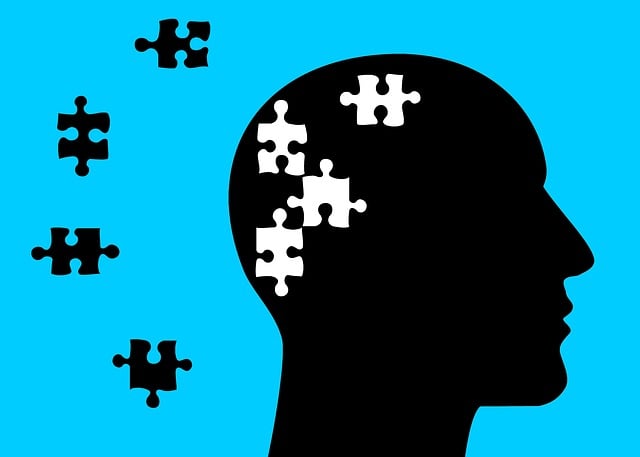Winter is winding down here in the Pine Tree State of Maine. About the only colors we see besides the white of the snow and the gray slush along the sides of the road is the green of those glorious pines. Day after day after day – white, gray and green. It gets exciting when a bright red cardinal drops by my porch.
Alas! It’s Ground Hog Day again!
The girls came over last night for our regular “Ladies Group Meeting”. We talked about all the fun we had the past week. Monica had a doctor’s visit and was asked if she were a male or female. 73 years-old Pam was pushed out of the way by a 20-something year-old when going into the drug store. Pauline is still waiting to hear from her plumber/electrician after two months. And, Ruth encouraged us all when she said the nursing home she works at finally had their “Mask Burning Bonfire” after they calmed the COVID outbreak. Yup. More of the same old same old.
We all decided that “same old same old” was better than not remembering your son’s name or where you live. We are discovering that each year we have yet another loved one or friend in that situation. So, we promised each other we would be there each other if one of us became so inclined.
Most people have times when they forget where they put their keys. But memory loss can take many different forms—from mild memory lapses to longer periods of memory loss. Medical professionals have determined that folks who complain about memory loss are often having troubles with other cognitive abilities like attention, concentration or language. Whatever the actual problem, it’s concerning if it’s creating disabilities in daily activities.
There are different kinds of memory loss, each with its own symptoms and causes. Most common are short-term and long-term memory loss.
Short-term memory loss can be a normal part of aging or a sign of something more serious. Your short-term memory stores information for up to 30 seconds.
Symptoms of short-term memory loss include forgetting:
- Recent events
- Where you put something
- Something you saw or read recently
- That you already asked a question
Long-term memory keeps track of information over time. It provides unlimited storage of events, facts and understanding of how to complete tasks. Long-term memory can normally weaken with age. Typical brain aging can result in slower processing speeds, potentially making it more challenging to multitask. But memory, skills and knowledge usually stay steady. Normal, age-related changes associated with memory include:
- Having trouble finding the right word
- Losing things from time to time
- Occasionally forgetting names or appointments, but remembering them later
(My doctor told me that if it takes longer for me to answer a question it’s only because I have 70+ years of knowledge I have to sort through!)
Long-term memory loss might look like:
- New problems with speaking and writing (like struggling with vocabulary)
- Confusing time or place (like forgetting where you are and how you got there)
- Changes in mood or behavior (like becoming confused, suspicious, depressed, fearful or anxious)
- Difficulty completing familiar daily tasks
There are many other causes for memory loss, too numerous to mention here. Some include medications, head injury, thyroid issues, alcohol, lack of sleep, poor diet. If memory loss has you or a loved one worried about your cognitive health, it’s always good to talk to your doctor.
When I think about it, Ground Hog Day is becoming more comfortable every day!
Lani Kelly is a research writer for Youthful Aging Home Care










